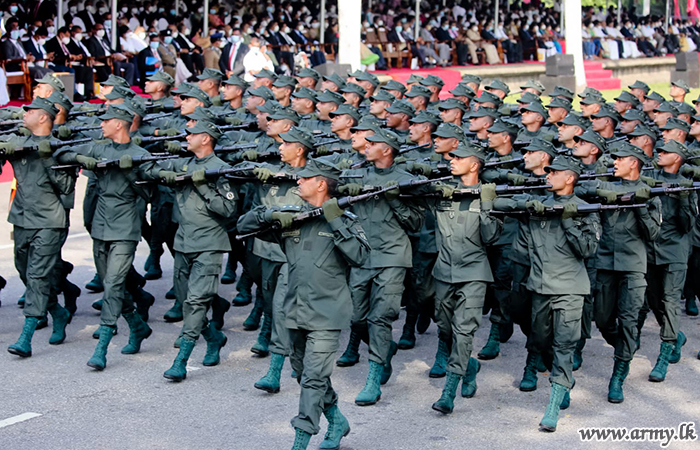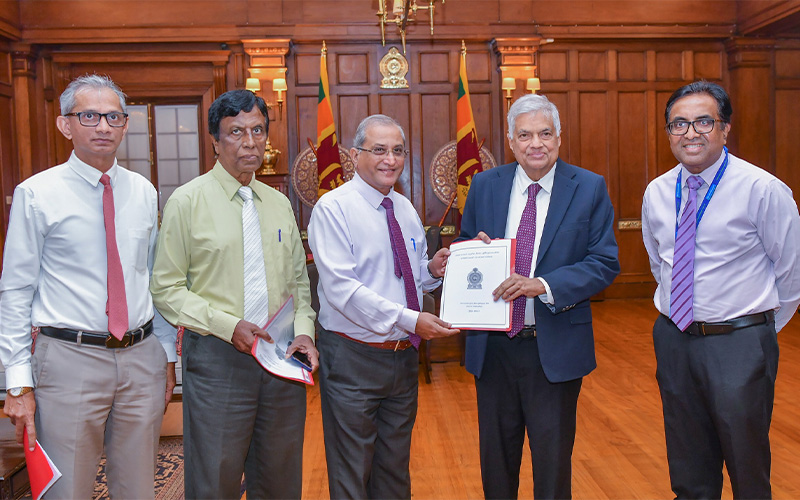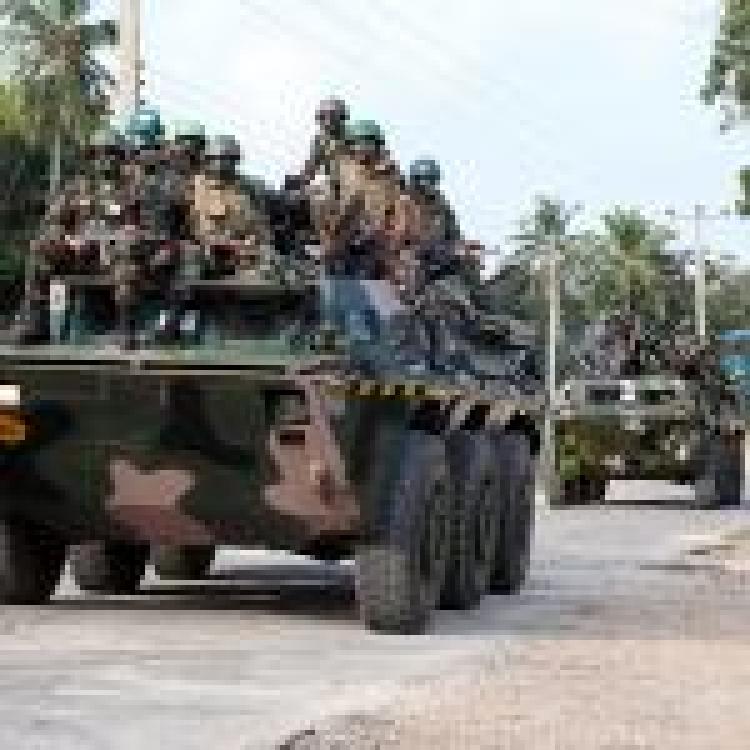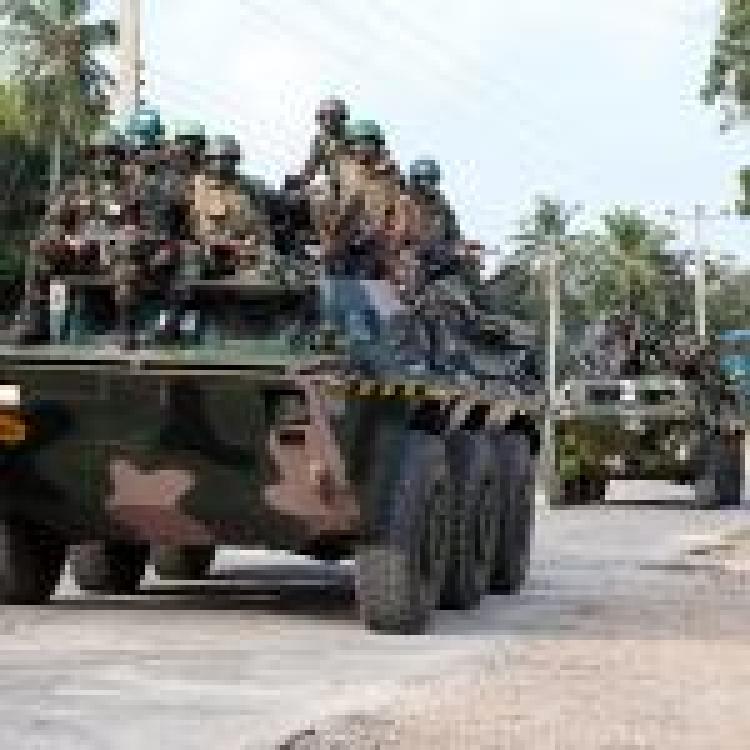
The Sri Lankan government has announced a significant pay hike for military personnel just weeks before the presidential polls, as it reinforces the already overwhelming militarisation on the island amidst ongoing economic hardships.
The proposed salary increase, approved by President Ranil Wickremesinghe, ranges from 24% to 60%, with basic salaries starting at Rs. 30,000 and structured on a ratio of 1 to 6. Top military positions will see substantial increases, with basic pay set at Rs. 76,300 for Lieutenant General, Vice Admiral, and Air Marshal ranks, and Rs. 84,700 for General, Admiral, and Air Chief Marshal, excluding allowances. Lower ranks such as Major, Lieutenant Commander, and Squadron Leader will also see increased salaries, with corresponding pay adjustments across the military hierarchy.
The pay hike will be implemented from January 1, 2025, following the Treasury's agreement and Cabinet approval, according to Udaya R. Seneviratne, Chairman of the Presidential Expert Committee.

Despite reported austerity measures, Sri Lanka's military spending remains high, with the 2023 budget allocating $1.45 billion to the Ministry of Defense and the Ministry of Public Security. Sri Lanka continues to maintain one of the largest militaries in the world per capita, most off which is currently occupying the Tamil North-East.
This substantial investment in the military comes amid widespread economic challenges, including food insecurity and high levels of malnutrition. Opposition legislator Rohini Kaviratne highlighted a UNICEF report indicating that one-third of Sri Lankan children suffer from malnutrition due to food insecurity exacerbated by the economic crisis. She criticized the government's failure to control the prices of essential food items, such as eggs, which are a crucial source of protein for many families.
In response, Education Minister Susil Premajayantha argued that prices have decreased since the height of the economic crisis, suggesting that the data cited was from 2023. He defended high import duties as necessary for protecting local farmers, despite the ongoing struggles faced by the population.
This pay increase for military personnel comes as the incumbent President Wickremesinghe attempts to reinforces his support amongst the nationalist Sinhala Buddhist base ahead of presidential elections this month.



